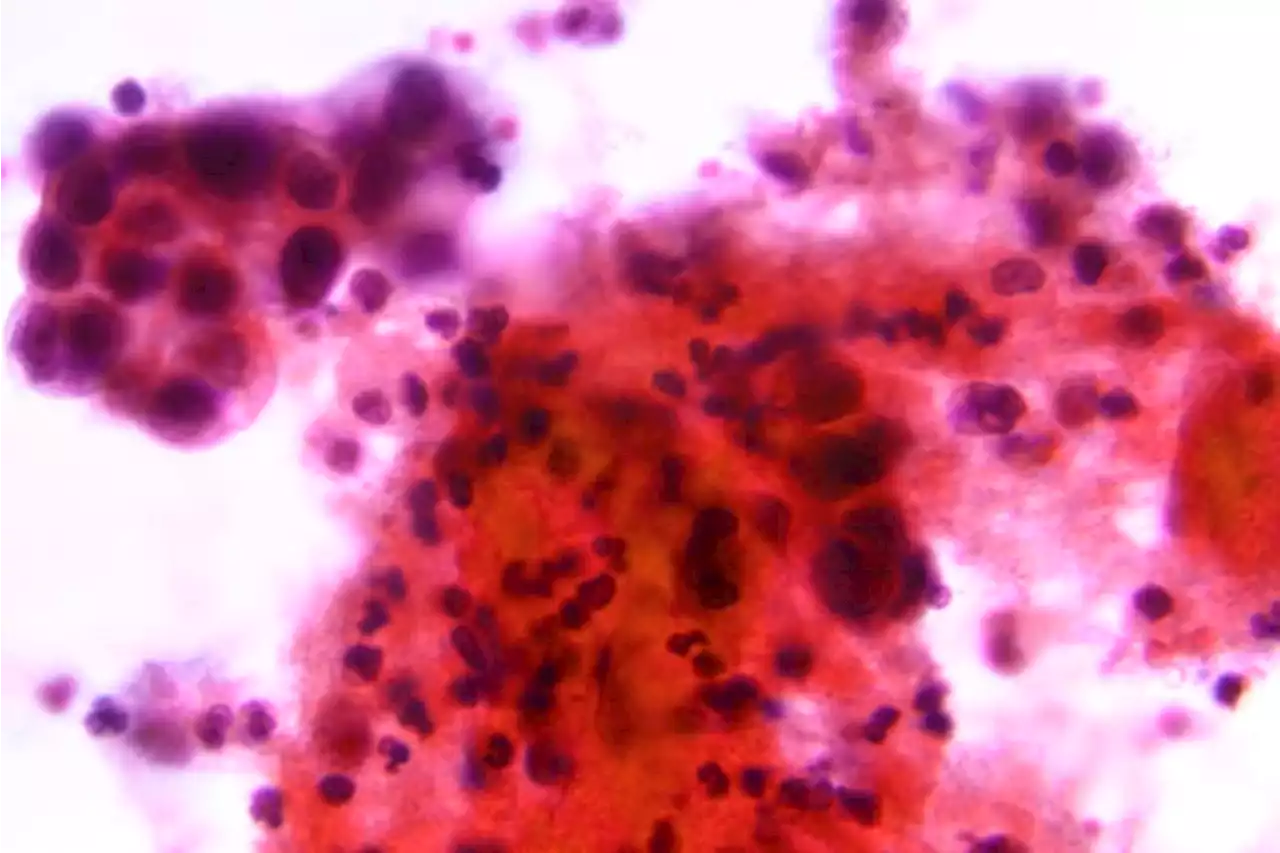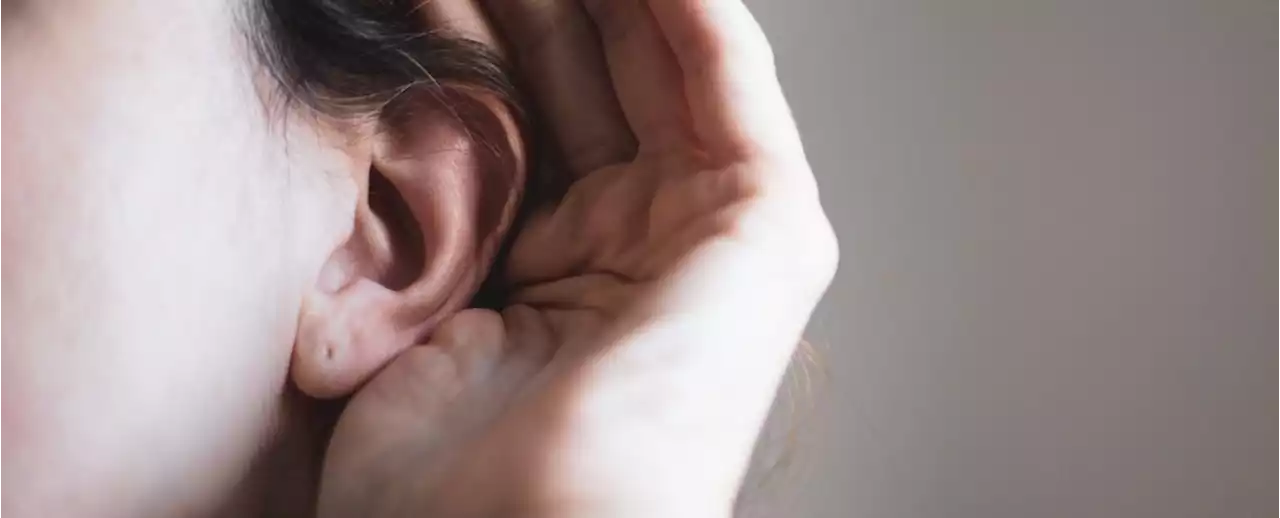Hearing loss is usually irreversible because there's no way to grow back the necessary outer and inner ear sensory cells once they've been killed off. But we may have started on the path to change, thanks to new research in mice.
Scientists have discovered a single master gene that's able to regulate whether ear hair cells into the outer or inner types required to restore hearing. That's a significant step forward in being able to actually carry this out in the lab.
from Northwestern University in Chicago."It will provide a previously unavailable tool to make an inner or outer hair cell. We have overcome a major hurdle." As sound waves hit the ear, the outer hair cells expand and contract in response to the pressure – the sound is then amplified for the inner hair cells, which transmit the vibrations into signals to the brain.
Singapore Latest News, Singapore Headlines
Similar News:You can also read news stories similar to this one that we have collected from other news sources.
 The 5 Best Eating Habits to Live Longer, New Study Reveals — Eat This Not ThatThanks to new research, we now know the recommended eating habits to maintain a longer, healthier lifestyle.
The 5 Best Eating Habits to Live Longer, New Study Reveals — Eat This Not ThatThanks to new research, we now know the recommended eating habits to maintain a longer, healthier lifestyle.
Read more »
 Effects of Aging Have Been Reversed by Putting Young Mouse Poop in Old MiceIt sounds like something that might have come out of a sci-fi novel, but it's based on cold, hard, printed research: transplanting fecal microbes from young mice into old mice seems to reverse key signs of aging in the guts, eyes, and brains of the o
Effects of Aging Have Been Reversed by Putting Young Mouse Poop in Old MiceIt sounds like something that might have come out of a sci-fi novel, but it's based on cold, hard, printed research: transplanting fecal microbes from young mice into old mice seems to reverse key signs of aging in the guts, eyes, and brains of the o
Read more »
 Study uncovers clues to rise in uterine cancer death ratesA rare but aggressive kind of uterine cancer appears to be driving an increase in U.S. deaths from the disease, particularly among Black women, researchers reported Thursday.
Study uncovers clues to rise in uterine cancer death ratesA rare but aggressive kind of uterine cancer appears to be driving an increase in U.S. deaths from the disease, particularly among Black women, researchers reported Thursday.
Read more »
 Ibuprofen mixed with high blood pressure meds may damage kidneys: studyPatients who are actively controlling their high blood pressure should avoid taking ibuprofen, according to new research published in the journal Mathematical Biosciences.
Ibuprofen mixed with high blood pressure meds may damage kidneys: studyPatients who are actively controlling their high blood pressure should avoid taking ibuprofen, according to new research published in the journal Mathematical Biosciences.
Read more »
 New study finds omicron no less severe than earlier variants, and not just more transmissibleA new study conducted by researchers at Harvard Medical School among others has found that the omicron variant of the coronavirus that causes COVID-19 is just as severe as earlier variants, and not more transmissible but no less severe as previously thought.
New study finds omicron no less severe than earlier variants, and not just more transmissibleA new study conducted by researchers at Harvard Medical School among others has found that the omicron variant of the coronavirus that causes COVID-19 is just as severe as earlier variants, and not more transmissible but no less severe as previously thought.
Read more »
